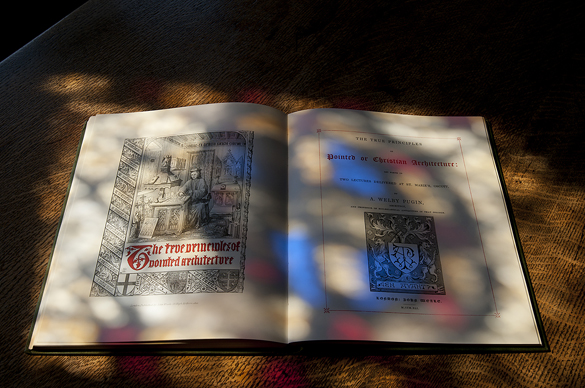Happy New (academic) Year!
Now, remind me why we’re here again…
Part 1

It’s a new academic year, and as sure as Mike’s Place serves beer, someone in the press will be moaning about the allegedly lamentable state of universities, and of the ‘useless’ BA in particular.
Needless to say, I consider such rants to be misguided and ignorant. But the new year does provide an opportunity to take stock of what we’re doing, and where it leads us.
I always tell prospective students in History & Theory of Architecture that there are two reasons for getting a degree like ours. One is that you may want to work as a professional in this field. The other is that you want to acquire the intellectual skills that one acquires when doing a degree like ours – skills which you can then apply to virtually any field that you work in, and to any aspect of your life.
For those who wish to work in the field, the options are broad: some wish to be practising architects and go on to M.ARCH degrees (there are plenty of those for B.A. students, including one here at Carleton), others become interested in the heritage field and go on to work in the public or private sector, others head for jobs in research, writing or even academia. Connecting the dots between those careers and our degree is easy. But that’s only part of the picture.
A degree in HTA nurtures a host of skills that become part of the intellectual tool kit you take to any career (that’s equally true of any degree in the humanities, actually). We develop skills such as critical thinking, creative problem-solving, visual literacy, historical literacy, intellectual flexibility, and written, oral and visual communication, to name just a few. We also train people to connect disparate data, recognize patterns and understand context. Moreover, any historical discipline forces us to come to grips with other world views and paradigms that can initially seem foreign and bizarre – it is an exercise in mental agility and humility. These ‘transferable skills’, as they’re called, can help you to become a great architect or heritage consultant – but they can also help you to be a great sales representative, public servant, event planner or entrepreneur.
There’s another point to be made, though, which goes beyond job requirements, as important as those are. I was reminded of it this week when I attended a public lecture organized by the Faculty of Public Affairs. The speaker was BBC journalist Lyse Doucet, and she spoke compellingly on the moral and political challenge posed by the current ‘migrant crisis’ in Europe. Interesting, but nothing to do with studying HTA, right? Wrong. An education in the arts provides us with just the tools we need to confront such problems – problems that require us to understand and empathize, grasp the big picture, analyze conflicting evidence and think of creative solutions. Every degree, every program, every course, every lecture that forces us to face complexity with unflinching intellectual honesty takes a tiny step toward making the world a better place. That may sound hopelessly idealistic, but if I had to choose a hill to die on, that would be it.